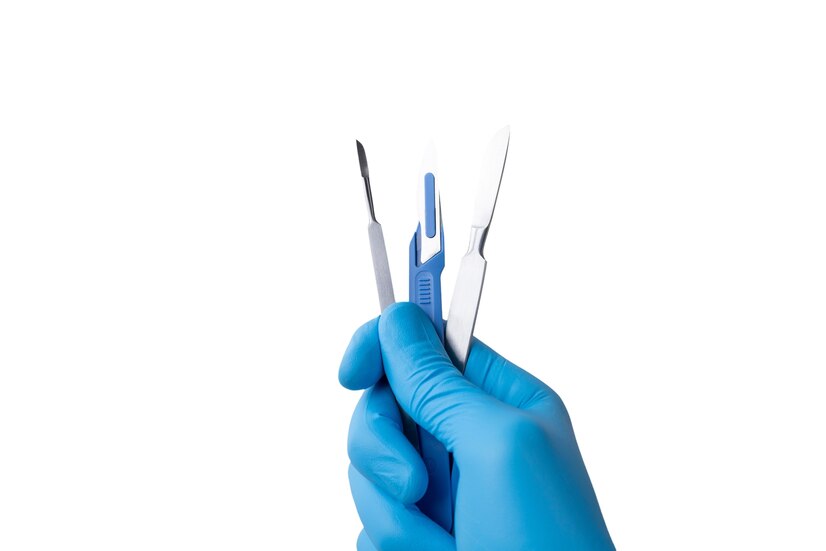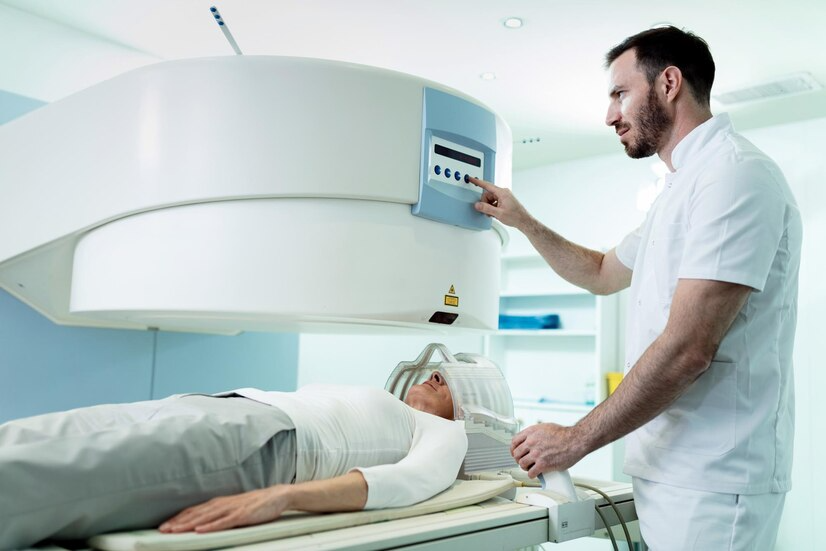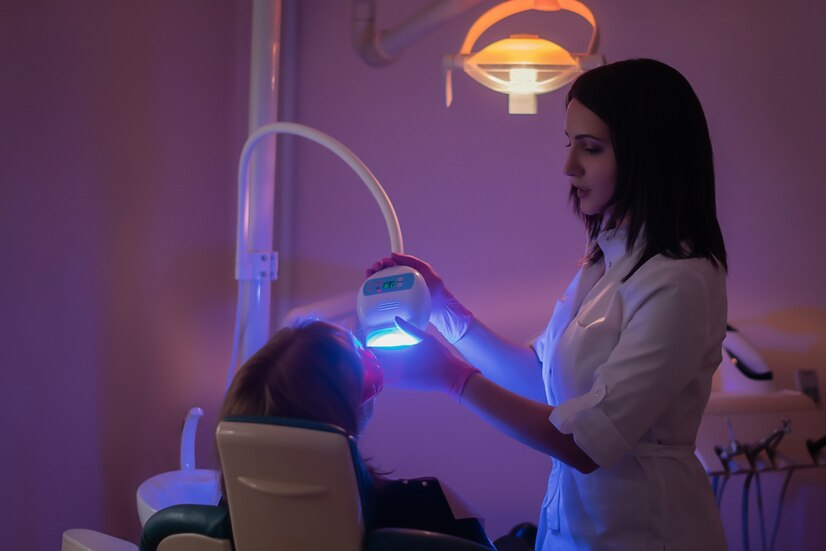×
- About Dermatologist
- Gallery
- Blogs
- Hair Diseases
- Skin Diseases
- Acne and Acne Scars Treatment
- Birthmark Blemishes
- Thread Lift Procedure
- Tattoo Removal
- Stretch Marks Treatment
- Mole Removal
- Eczema
- Melasma
- Vitiligo
- Morphea
- Psoriasis
- Rosacea
- Advanced Treatment for Burn Scars
- Nose Liquid Rhinoplasty
- Acne Keloidalis Nuchae
- Port Wine Stains
- Seborrheic Keratosis
- Upper Eyelid Rejuvenation & Browlift
- Basal Cell Carcinoma
- Fat Removal
- Wrinkles and Finelines
- Skin Resurfacing
- Eye Bags
- Smallpox Scar
- Hemangioma
- Nevus Sebaceous
- Flap Surgery
- Skin Cancer Treatment
- 3D Fractional Skin Rejuvenation: Your Path to Youthful, Radiant Skin
- Face Lift: Comprehensive Facial Rejuvenation by Prof. Dr. Ikram Ullah Khan
- Microdermabrasion
- Ablative Skin Resurfacing
- Thread Vein Treatment
- Contact Us




